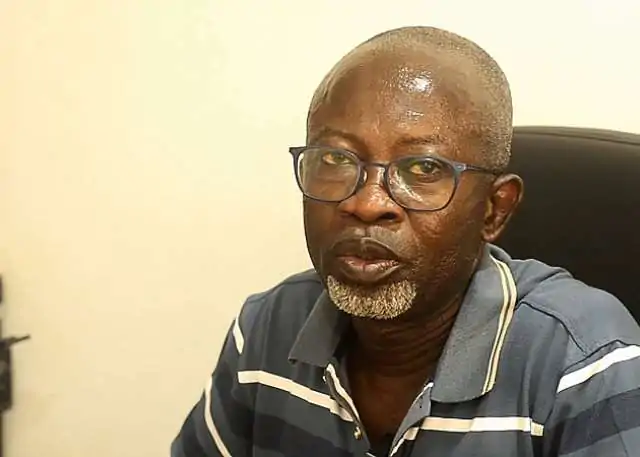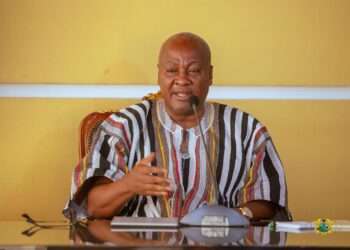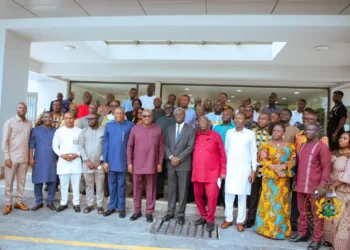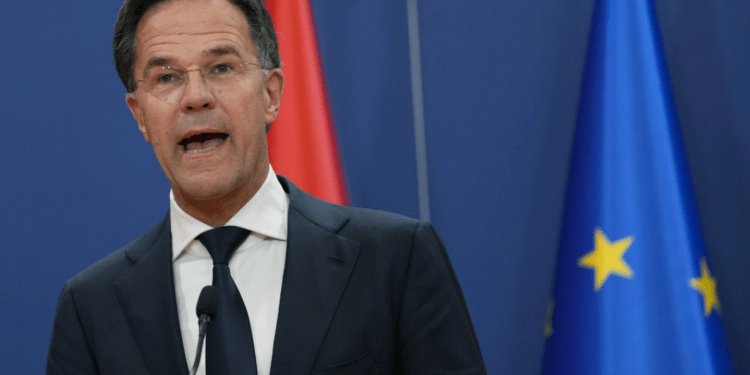Political Scientist and lecturer at the Kwame Nkrumah University of Science and Technology (KNUST), Dr. Kwasi Amakye-Boateng, has weighed in on the controversial revocation of government appointments following the Presidential directive.
In a discussion on the matter, he examined the broader implications of such actions on governance, democracy, and the economy.
Dr. Amakye-Boateng emphasized that the core issue is Ghana’s inability to create a robust economy that naturally generates employment opportunities.
“The economy should work such that employment opportunities will be created naturally, essentially by the private sector, and then individuals will take advantage of it.
”Talking about this challenge of unemployment, and also Ghana’s inability to get the economy to work, the understanding is that we’re exporting jobs and financing economic activities in those countries that have been providing goods, and foodstuffs to us. These are areas that Ghana could leverage on.”
Dr. Kwasi Amakye-Boateng Political Scientist, KNUST
Dr. Amakye-Boateng shifted his focus to the persistent political maneuvering that disrupts the state of Ghana’s governance. He criticized the use of the military in civilian matters, especially in enforcing political decisions.
“We are not allowing our democracy to work. We can’t really allow that dichotomy between the military and the police to be [disrespected]. Every now and then, we feel like bringing in the military.”
Dr. Kwasi Amakye-Boateng Political Scientist, KNUST
He highlighted that political actors often manipulate state resources and authority for personal or party gains, which undermines public trust.
One of the main issues Dr. Amakye-Boateng addressed was the justification for revoking appointments made by the incoming government.
“This revocation of appointments should only cover political appointees. The dichotomy between politics and administration has always been a bearing in our democracies. Public servants cannot be touched with a change in government; they should not be touched.”
“All those who are concerned, if indeed they have a case, they can go to court and challenge their revocation of appointments.”
Dr. Kwasi Amakye-Boateng Political Scientist, KNUST
Constitutional Amendments
Regarding calls for constitutional reforms to address post-election appointment revocations, Dr. Amakye-Boateng was skeptical.
“Constitutional amendment will not address the ills of the country. It is our politics—it is our behavior relative to power.”
Dr. Kwasi Amakye-Boateng Political Scientist, KNUST
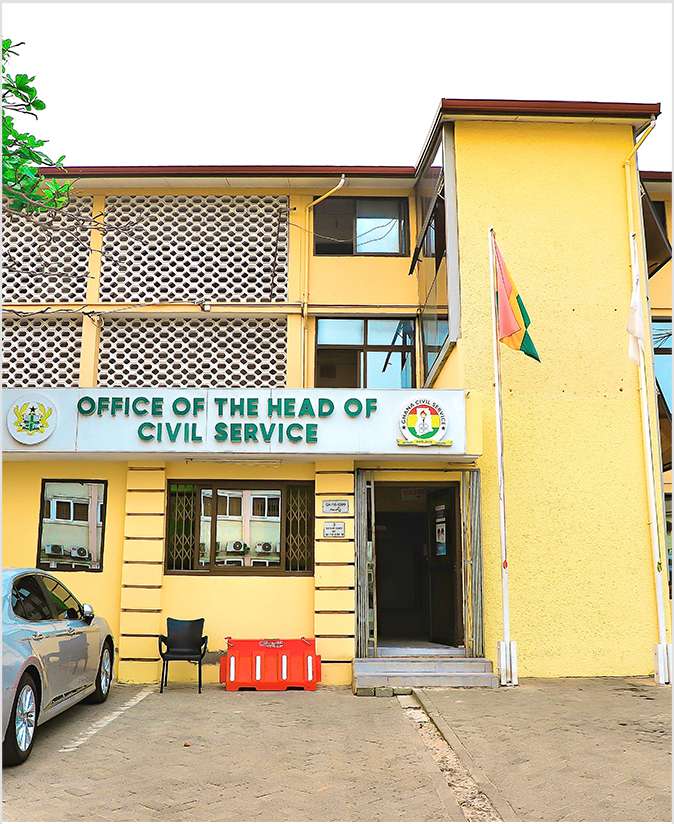
He pointed out that both major political parties, the NPP and NDC, have engaged in such practices when in government, making it an entrenched issue that transcends legal frameworks.
“If President [Mahama] wants this to stop, it will stop right from the very beginning by issuing a directive.”
Dr. Kwasi Amakye-Boateng Political Scientist, KNUST
Moreover, responding to comments made by Felix Kwakye Ofosu, the Presidential Spokesperson who defended the government’s decision to revoke certain appointments based on discrepancies in application processes, Dr. Amakye-Boateng acknowledged the need for transparency. Felix Ofosu cited cases where individuals had received appointments despite not applying or not meeting qualification criteria.
He emphasized that if indeed it is true that some appointments were backdated or given without proper qualification, then the government’s action is justified.
“I support any action that would discourage the practice of outgoing governments mischievously bringing in so many people that when they were there were not ready to recruit them. Why is it that at the time that you were leaving office, taking cognizance of the nation’s finances, you went ahead to recruit so many people? That is also improper. I think what the [government needs] to do is not to rush through this thing [but] engage the public in this issue. Let the public know exactly the numbers involved, the times that these people came in, the dates of the appointments—whether backdated.”
Dr. Kwasi Amakye-Boateng Political Scientist, KNUST
Dr. Kwasi Amakye-Boateng provided a critical analysis of the revocation of the appointments, touching on economic, political, and administrative concerns. He emphasized that while political appointments could justifiably be reviewed, public servants should not be affected.
He further argued that Ghana’s political culture, rather than constitutional inadequacies, is the root cause of such governance issues.
His call for transparency and engagement in addressing these matters underscores the importance of accountability in governance.
READ ALSO; Mahama Rejects Immediate IMF Extension, Focuses on Fiscal Stability

